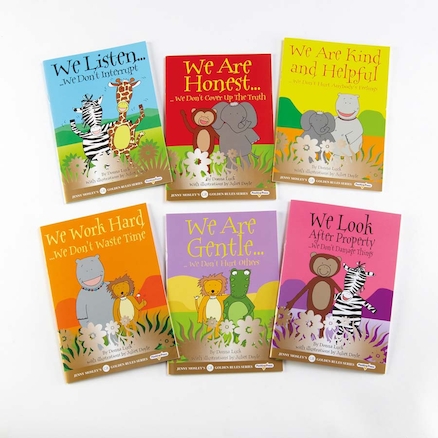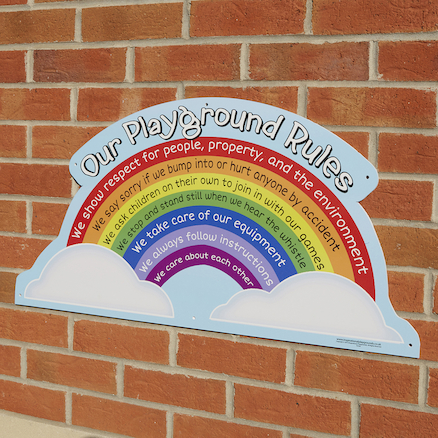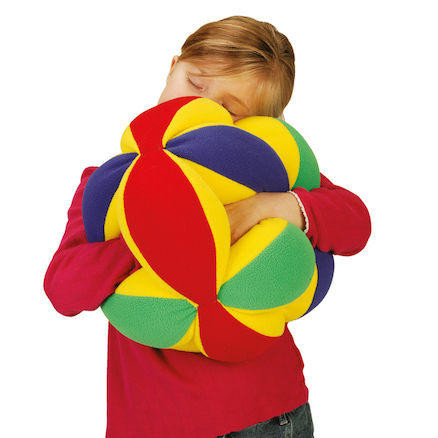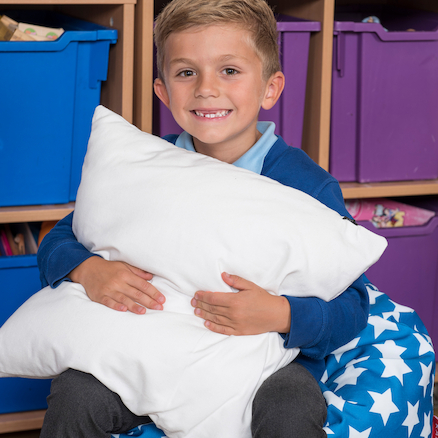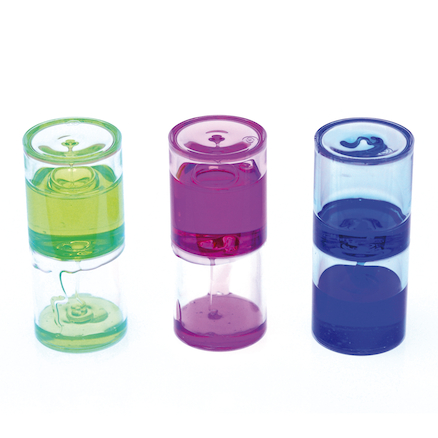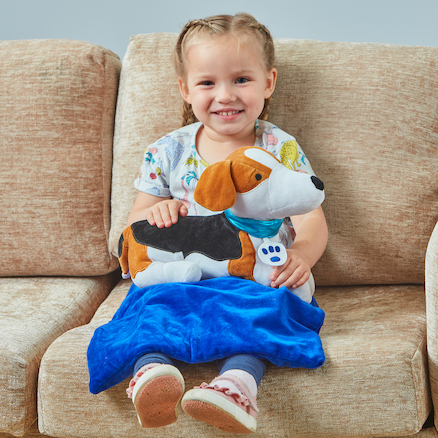We all have our own version of what is acceptable, or not, in terms of the behaviour of others. Think about it. Do you mind people who openly swear in a general conversation? Does it bother you if a person spits on a sports field? Do you care if the children jump up and down on the sofa?
What I now know is that amongst a staff group there will be differing opinions and that can lead to inconsistent approaches when dealing with behaviour. That then leads to confusion for the young children.
So, as settings we need to have clear behaviour guidelines that are consistently enforced.
I always tried to work to 3 simple ones:
- No harm to self
- No harm to others
- No harm to property
Everything else is negotiable!
We need to be mindful that young children are learning all the time. They don’t come out of the womb knowing how to behave. It is learnt, like everything else, from what they experience around them. Patient, consistent, available adults are key to supporting behaviour development.
Set your own setting behaviour expectations
Practitioners working in the Early Years need to be knowledgeable in typical child development so that they can support children appropriately. It also helps to know the child and family, so that support can be consistently applied across the home and setting and be centred around the individual needs of the child. Practitioners need to be reflective of their practice and be open to challenging their own expectations.
Have a meeting in your setting and openly discuss what your setting rules are for behaviour:
- Is it ok for the children to leave the lunch table and then keep coming back for bites of food or do you think that once they have left the table they have finished and can’t come back?
- Is it ok for the children to take all the cushions outside and make a den or should these stay inside?
- Is it ok for children to mix sand or playdough in the water tray?
I’m not going to tell you there is a right or wrong here. What I will say is be clear in your settings approach to behaviour and involve the children in the decisions you make – they are far more likely to follow through with rules if they have been part of making them.
How can we support children in the Early Years with their behaviour?
Supporting children with very challenging behaviour, both passive and aggressive, can quickly become a negative spiral. So don’t set your expectations too high and celebrate all the very small steps of progress. What I know now as an adult is that I can regulate my emotions, but if I get really stressed or angry, I still might need to slam a few doors and go for a storming walk mumbling to myself!
Try and work out what the child needs to do to release these feelings. Do they need to:
- Throw something
- Kick something
- Bite something
- Scream
- Run
- Climb
- Withdraw and hide from everyone
- Play with a sensory toy
Then help them to do this. If they need to lash out at something then give then something that they can lash out at that is not another person, such as a cushion or a punch bag. If they need to throw something then give them something to throw, beanbags at a target, soft balls at the fence. Give children access to calming and relaxation resources that will help them.
This is the first step in the right direction, something the adult can praise which then moves us into a positive spiral. From here we continue to make small steps in the right direction. It will take time and energy so be prepared, be consistent and share the workload with colleagues.
With many thanks to Ivana Barron for sharing this blog with us.
About Ivana Barron
Ivana has worked in the early years with children with SEND for many years and currently works for a local authority delivering SEND and inclusion training to Early Years practitioners. She is a licenced Makaton tutor and National Autistic Society EarlyBird Plus trainer as well as a qualified assesor. Ivana is also a trustee of the Bumblebee Childrens Charity which supports children with physical and sensory needs.
Ivana has a busy family life with 3 grown up children, 2 dogs and 3 horses and enjoys quiet walks and rides in the countryside.



